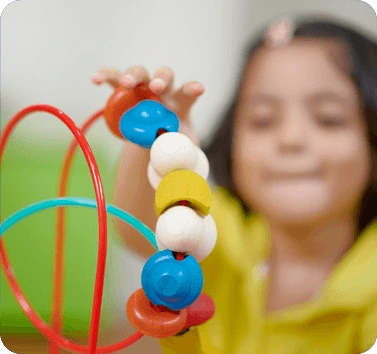


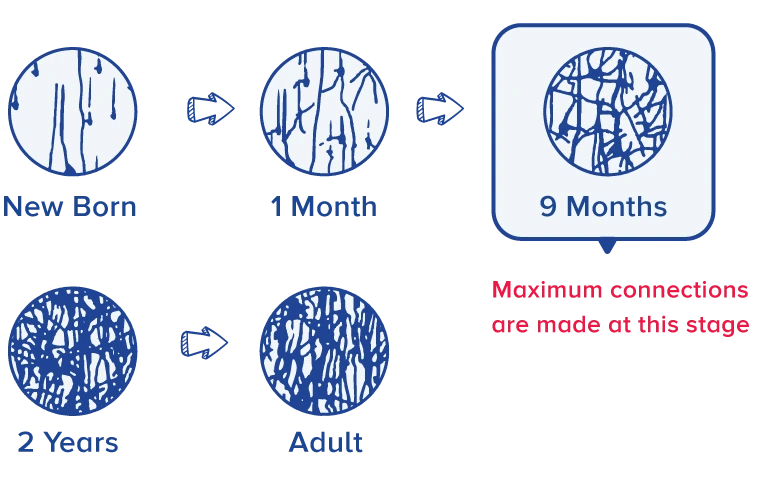
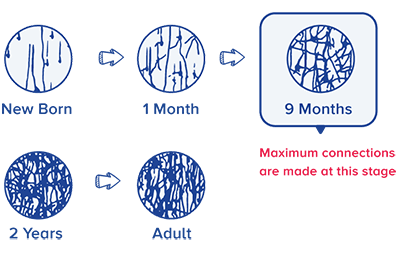







Certified and trained
teachers

21+ Years
of experience

5 lakh+ students
nurtured

35,000+ hours
curriculum research

40+ awards

6 lakh+ hours of
partner training
With age-appropriate stimulation, and the right balance of learning and fun, we encourage their curiosity and fuel their creative side.

Discovery and exploration, language development, new-age skills, and shaping scientific mindset.
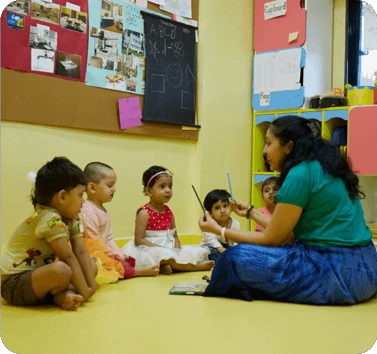
Enhancing interaction, cultivating creativity and improving imagination through art and music.
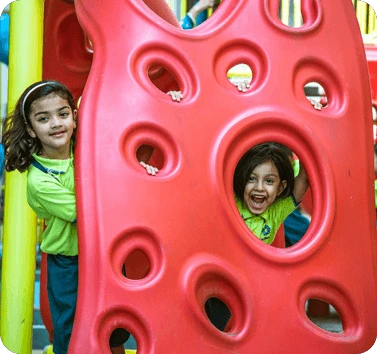
Age-appropriate learning and educational tools suited for individual pace.
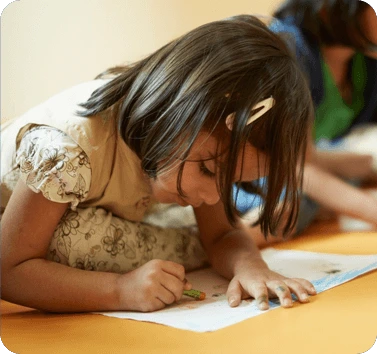
Developing vocabulary, attention span, reading and writing skills with innovative methods and preparing for primary school.
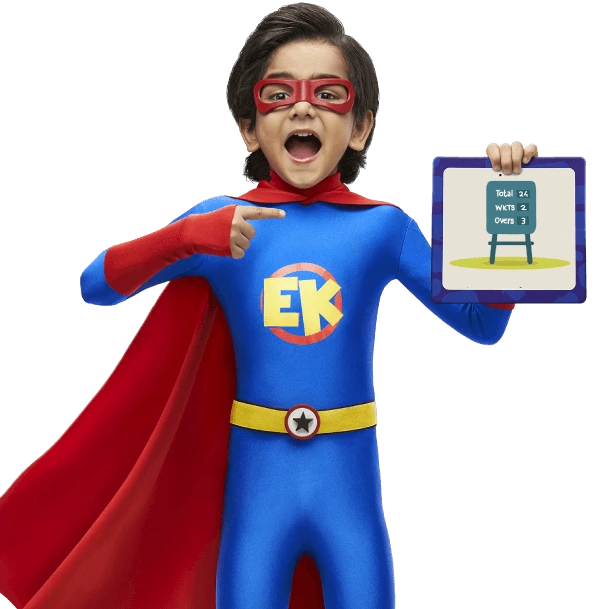
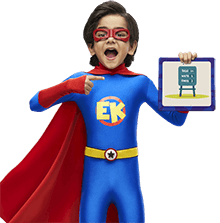

EuroKids promotes global awareness through the celebration of various festivals. It enables children to recognize cultural heritage and values, as well as to desire to understand other cultures and respect them.

Every year we create a Health is Wealth Day event with a different theme. Each child, upon participation, gets a medal and a certificate for participating.
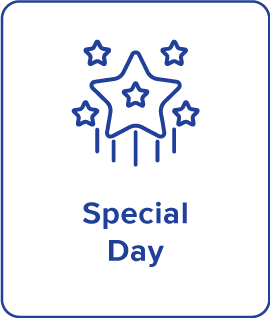
Each of our themes has special activities, such as bringing in an item from home or classroom activities. We also have events, such as field trips, to enhance the theme.

Each child gets an opportunity to wear the graduation robe and the cap and receive his/her graduation certificate when he/she graduates from one class to the next; some centres combine Graduation Day with the Annual Day.

All the children participate in the Annual Day program and enjoy being on stage to showcase their talent. Every year we have a new program designed for the annual day.









Investment amount varies depending upon the size (1500+ sq. ft.) of the pre-school and the city

A business with sustained returns, provided one has a long-term vision towards the venture

Associate with a legacy brand that has nurtured 5 lakh+ children

Get 360-degree support at each step to hit the ground running
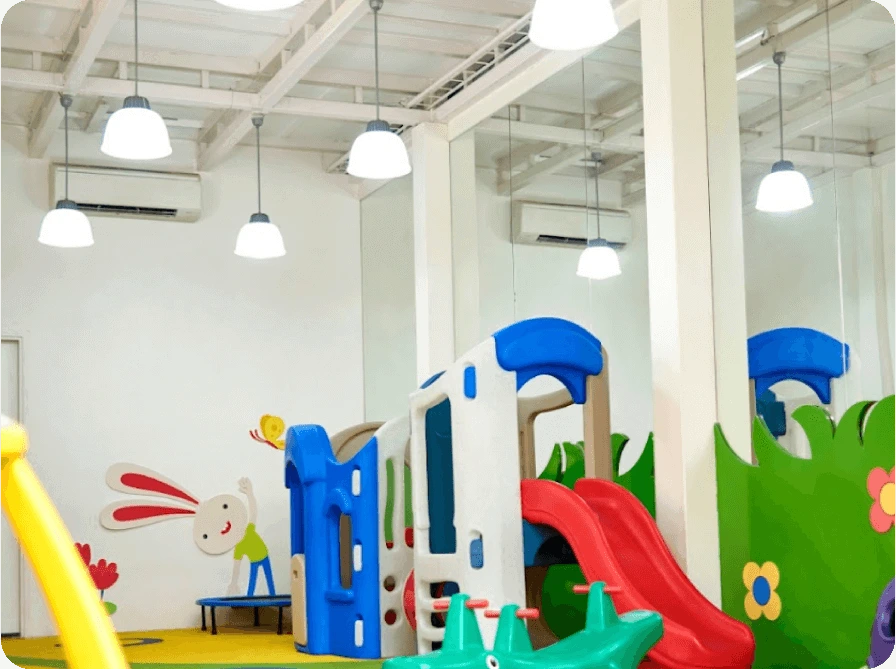
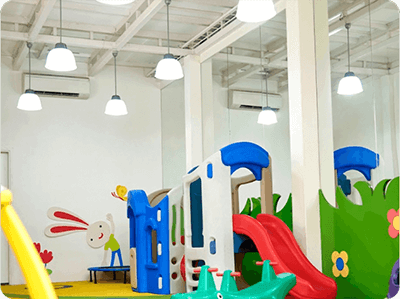

Please click here to explore our preschool locations across various cities.
Research suggests that maximum brain development happens between the crucial ages of 0-6 years. An early start is essential for a child’s early development, and we at EuroKids International Preschool understand this well. That's why we offer specialized preschool programs in India like PlayGroup, Nursery, EuroJunior, and EuroSenior. At EuroKids, where playschool for kids becomes a joyful journey of discovery through our thoughtfully crafted curriculum and playful learning. These experiences aim to boost neural connections, helping children develop higher levels of observation, critical thinking, and problem-solving skills. This commitment to a nurturing kids play school environment has contributed to EuroKids being recognized as the best and most awarded play school & preschool in India.
Pre school & playschool prepares children for a lifetime of learning which is a crucial aspect of early education. It helps children gain skills that assist them in learning to read, write, and build math and science skills, fostering holistic brain development for Pre KG School readiness. Both pre school and playschool work towards the development of mind, body, and soul, encompassing the cognitive, psychomotor, and affective domains in a hierarchy that caters to different levels of learning. This comprehensive approach ensures that children are well-equipped for the challenges of formal education.
The main difference between the two is the children's age and their developmental abilities as each child develops at their own pace. In preschool, a student is between the ages of 2 to 4 years old, while a child in kindergarten is 4 to 6 years old. It's important to recognize that the early years in pre school play a crucial role in laying the foundation for a child's educational journey.